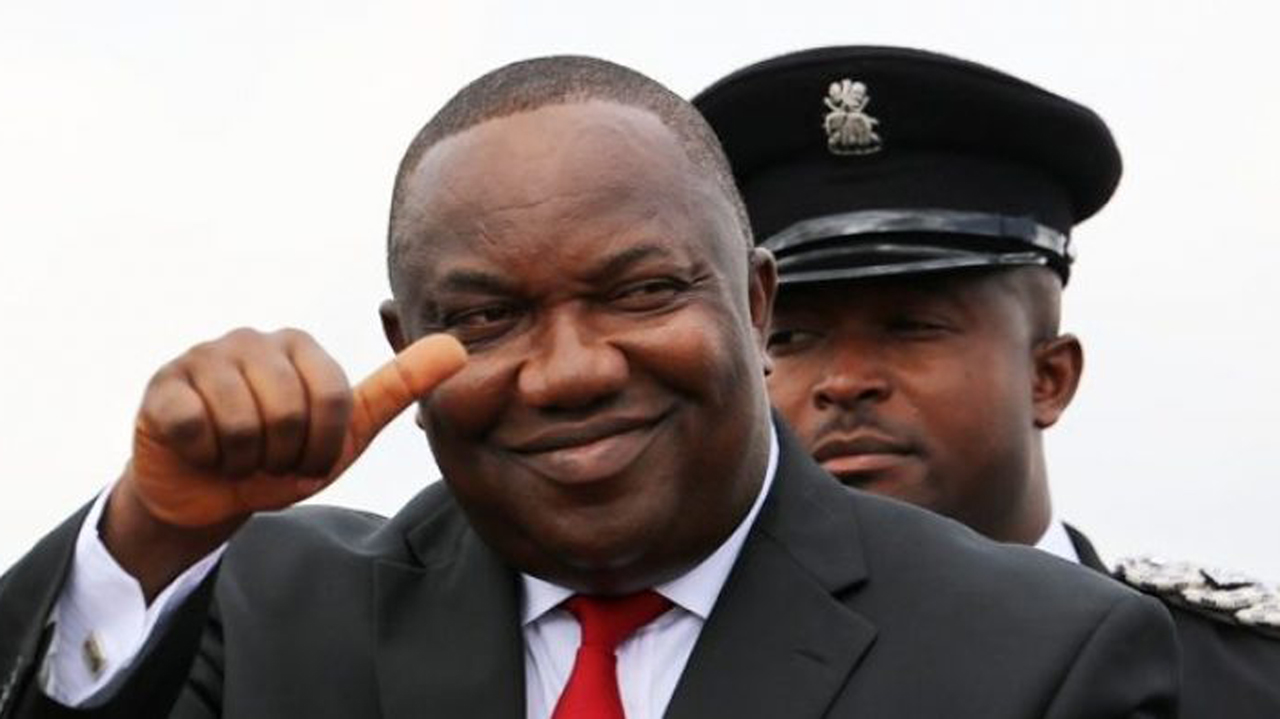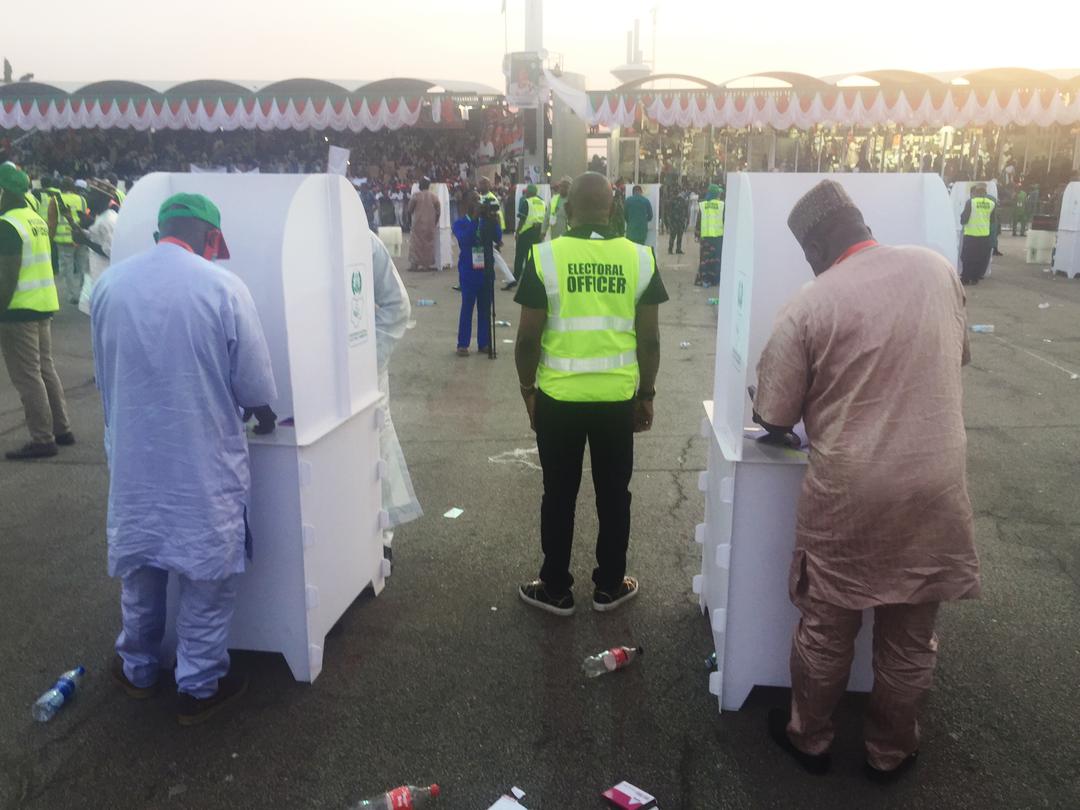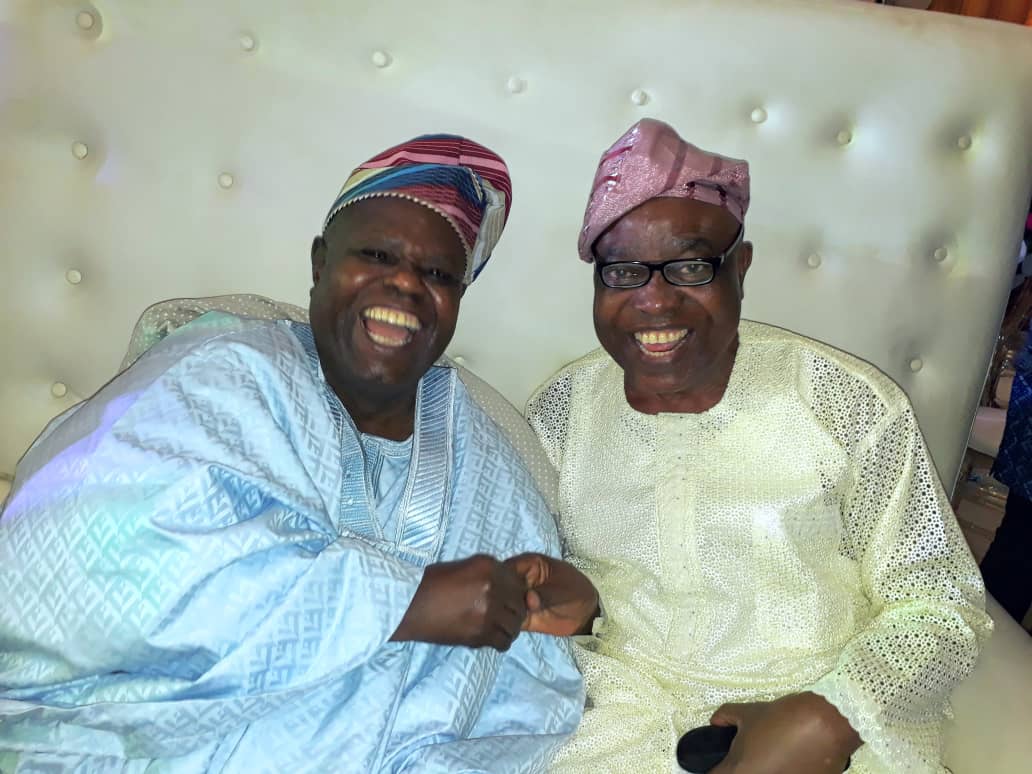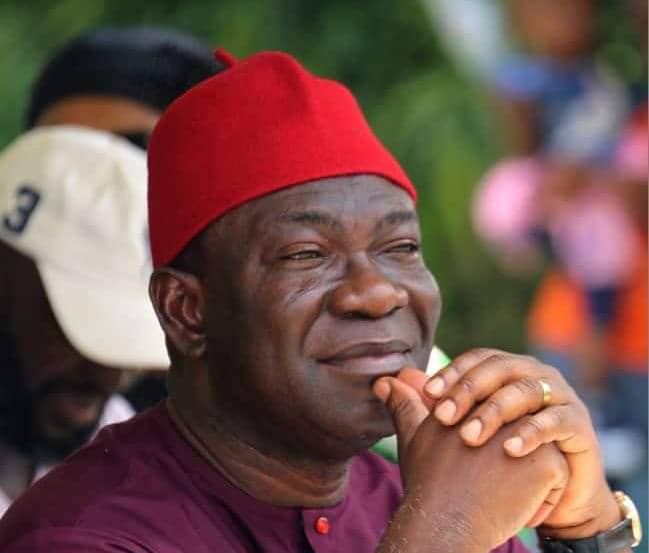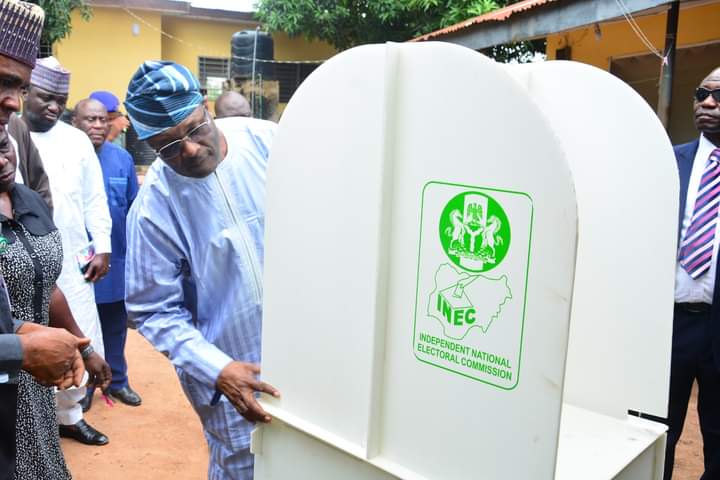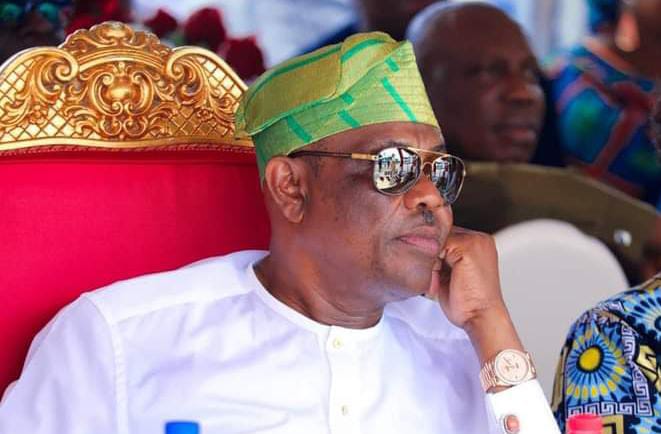BY UCHENNA NWATU
At his inauguration on May 29, 2015, Governor Ifeanyi Ugwuanyi made a firm declaration that his administration will “equip and modernize Nsukka, a university town founded over a century ago, to compete with other university towns in attracting technology and knowledge-based businesses and other industrial support ventures”.
Being the second largest metropolis in Enugu, the expressed decision to prioritize Nsukka’s development was a compelling argument. So the declaration was not motivated by any primordial sentiment. It was basically a social and economic imperative impelled by the knowledge that creating more urban areas will boost growth, and relieve the pressure which decades of rural-urban migration had put on the state’s capital, Enugu.
Any cynical suggestion that the pledge was mere political posturing was dispelled few weeks later when construction of the 11-kilometre Opi-Nsukka dual carriageway commenced. This road would later be completed in record time and remains a veritable reflection of the governor’s philosophy that communities located outside the state capital are deserving of monumental projects as their city folks.
Advertisement
There have been numerous other significant infrastructure projects sited in Nsukka and various towns in the Enugu North Senatorial Zone, underscoring the commitment to pay special attention to rural development and inspire the emergence of new cities. But despite the tangibility of infrastructure projects, there is an insidious revisionism amongst some sons and daughters of Nsukka cultural zone that seeks an outright denial of the self-evident works of Governor Ugwuanyi in Enugu North Senatorial Zone.
Suffice to say that this revisionist voices by no means reflect the mainstream views. But since the conclusion of the recent Peoples Democratic Party’s governorship primary in Enugu State, their voices have been amplified in their desperate bid to foist a selfish agenda on the people, and create the impression that it is the broad view of the entire Enugu North zone.
Ugwuanyi has demonstrated that a governor can practically carry everyone along and not pander to clannish sentiments. But many who nurse primordial sentiments in Nsukka cultural zone would scoff at such idealism. To them, inclusion is meaningful only to the extent that the siting of projects, allocation of resources and offices are skewed in favour of Nsukka and neighbouring environs. Apparently, it would not matter that the brunt of the uneven development they crave would borne by other zones. They would, of course, gleefully cite examples of such bias when governors from other zones held sway.
Advertisement
It doesn’t require much scrutiny though to establish the falsehood in such claim. For instance, in the Chimaroke Nnamani administration, which they often tend to cite to rationalize their unjustified heckling of Governor Ugwuanyi, there was barely any wholesome spread of projects in a way that showed someone from Enugu East Senatorial Zone was at the helm. Indeed, even while he held sway, people from several communities in Nkanu East could only access their local government headquarters via an incredible detour, which sometimes entailed traversing three other local government areas.
Of course, Governor Ugwuanyi’s traducers would readily point at the Law School Campus at Agbani and the Enugu State University of Science and Technology permanent site. But even these two projects, massive as they are, still pale in comparison to those implemented across Enugu North Senatorial Zone by the Governor Ugwuanyi administration. The list include the following: Enugu State Secretariat Annex, Ede Oballa, in Nsukka; an almost completed conference centre comprising multiple halls and outdoor facilities such as children and adult swimming pools and tennis courts; Nsukka Township Stadium; the recently-approved Federal Polytechnic, Ohodo, Igbo-Etiti; and the crown jewel, the State University of Medical and Applied Sciences, Igbo-Eno, which got the National Universities Commission’s recognition last month. Also, there is no local government area in the Enugu North Senatorial Zone that has not received a robust makeover of at least ten kilometers of its roads.
So these series of “open letters” inveighing against the governor are actually not about governance. They are misgivings arising from the outcome of the PDP governorship primary. As a matter of fact, it is simply the case of a hegemonic family trying to present a selfish personal agenda as the collective project of a socio-political bloc. It is sad that such petulance is coming from a family whose scions had occupied a slew of influential offices from governorship to ministerial, as well as running the affairs of a ruling political party. The sense of entitlement reflected in the attitude that their chosen aspirant – notwithstanding the brazen nepotism in the fact he’s their brother-in-law – ought to be bequeathed the PDP’s governorship ticket is the reason they were always at loggerheads with past governments.
For them, it is purely about the pursuit of personal interest – or feathering their own nest, if you will. But for the governor, it is about fostering inclusion. Resisting the subtle – and not so subtle – pressure to “anoint” someone who shares Nsukka cultural ancestry and, indeed, family ties, starkly demonstrates that. So who is the villain here? Let the reader be the judge.
Advertisement
Nwatu writes from Enugu.
Views expressed by contributors are strictly personal and not of TheCable.
Add a comment
